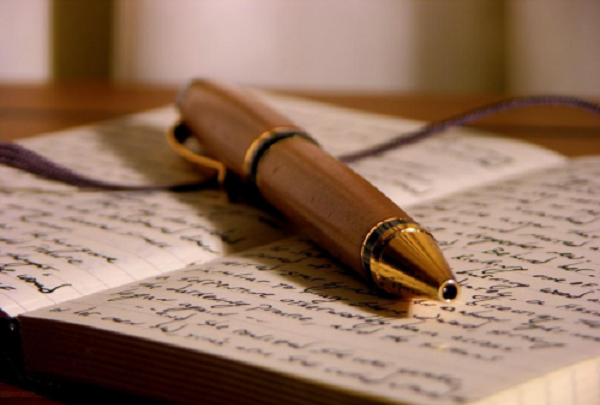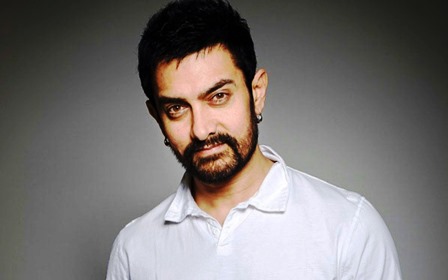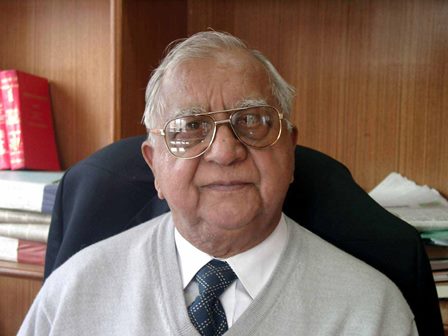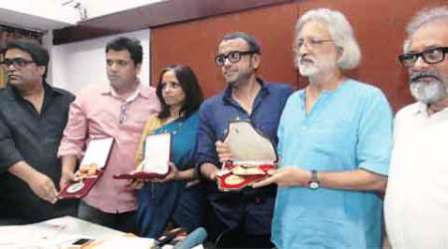A meeting for writers from all the SAARC countries concluded recently in Agra, and had several prominent persons in attendance.
 by Humra Quraishi
by Humra Quraishi
I have just returned from the SAARC Literature Festival held in Agra. It was a great getaway from Delhi’s frenetic pace, compounded by a harsh winter. I was glad to head to this meet of writers and poets and academics from our country and from the other SAARC countries – Nepal, Pakistan, Maldives, Bangladesh, Bhutan, Sri Lanka and Afghanistan.
We landed at Agra on Thursday evening and after the usual formalities – the inaugural and interactive sessions – the meet took off. For me, however, the interaction had started much earlier with the Afghan writers and poets who were my co-passengers on the plane heading towards Agra. I was pleasantly surprised to see at least six Afghan women in this group, with a couple of them speaking fluent English.
When we reached Agra, it was great to meet friends from all across the country and outside. One of the positives of such meets is that one can freely interact with people from other countries without a hint of tension and hectic schedules coming in the way. Many academics who we ordinarily see only on television were there in the flesh – Ashis Nandy, Rajmohan Gandhi, Alok Bhalla, Om Thanvi, Suneet Chopra. Though all of them spoke about issues concerning them at the moment, the most vocal was Om Thanvi, as also Ziya-us-Salam, academic and journalist and the senior deputy editor of The Hindu.
Also present were two of our well-known poetesses, Ambala-based Paul Kaur and the New Delhi-based Tarannum Riyaz. I was also glad to meet Bangladeshi writer Selina Hossain (I had met her almost eight years ago at another SAARC writers meet), who has not changed at all. There is something serene and modest about Selina – the 67-year-old writer has authored 36 novels, 13 anthologies of short stories, 27 children’s books, 10 anthologies of essays and heads several organisations. While we were chatting, we were joined by Nepal Bhupen Vyakul, and the topic drifted to the extent of freedom a writer could indulge in. She was rather categorical in stating that “there is nothing called ‘absolute freedom’ for a writer or for any creative head, and words should not hurt or become the cause of disaster.”
The group from Pakistan stood out, especially with their ‘malangs’, the whirling darveshs from Lahore. I was thrilled with poet Nasir Ali Syed, and as I heard his verse, it became increasingly clear why his writing is so popular in Pakistan. He has a definite way with words and his verse leaves a mark?






So much names dropping! Why not write about all these people’s work, or of some of these, or what they presented at Agra, however briefly? Space crunch: you can serialise it!